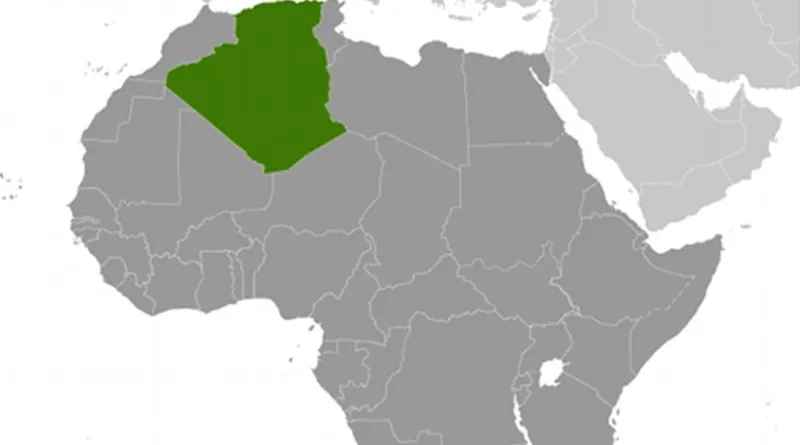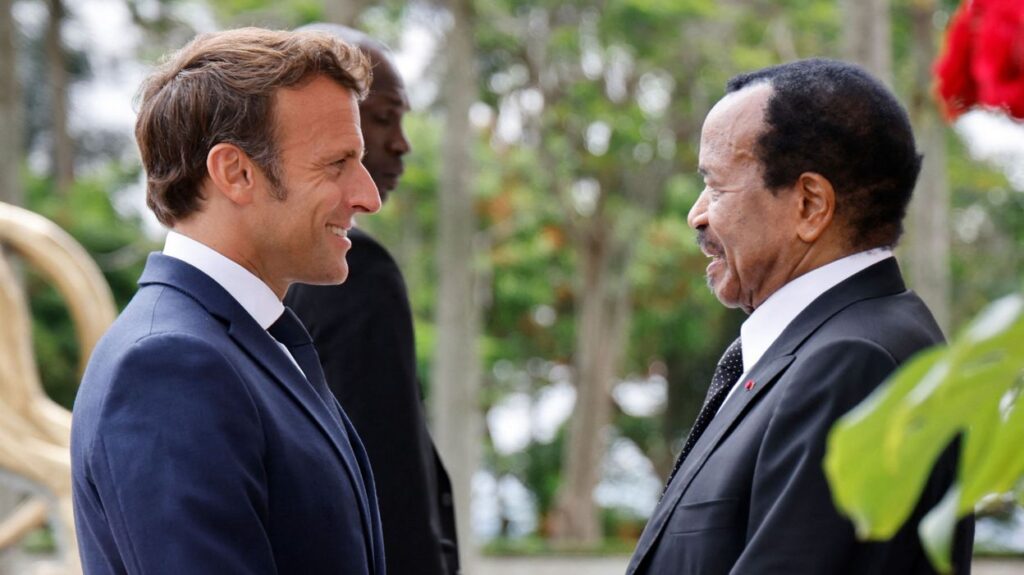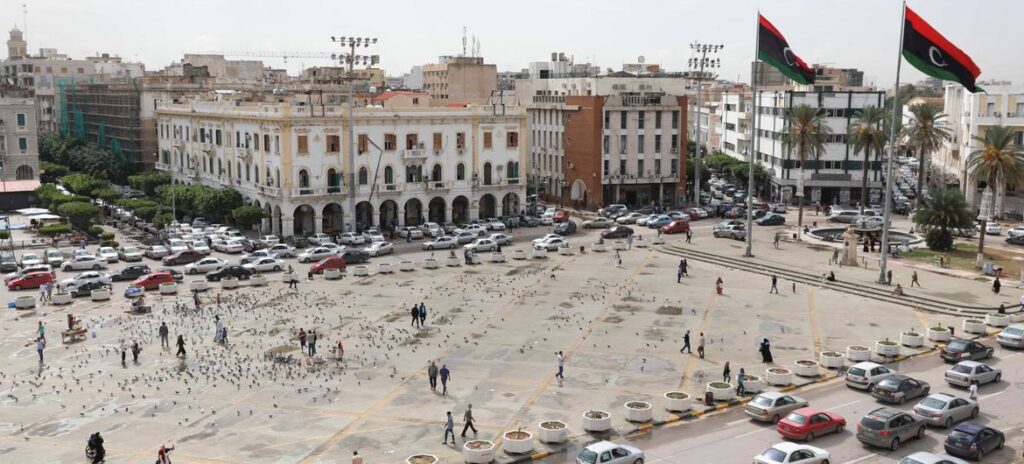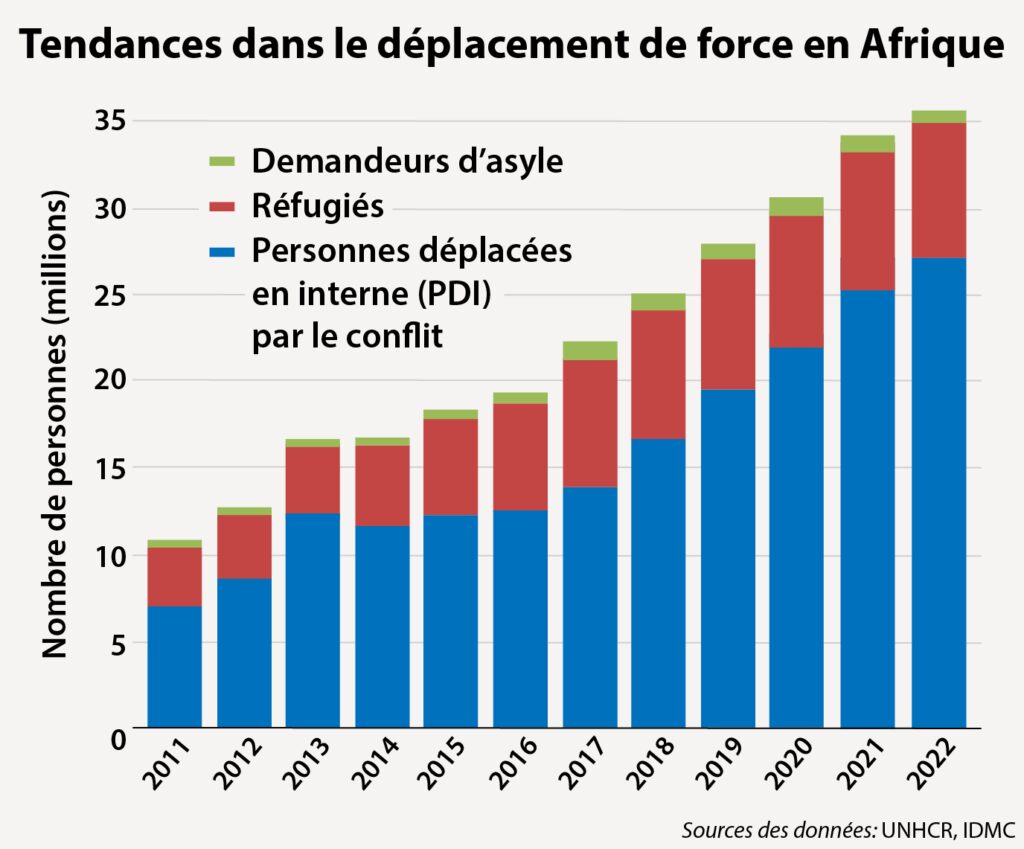Algeria: Eni Announces Another Discovery In Berkine North Onshore Basin

Eni and SONATRACH announced Tuesday a further discovery in Sif Fatima II concession, located in the Berkine North Basin in the Algerian desert.
The Rhourde Oulad Djemaa Ouest-1 (RODW-1) exploration well, in the Sif Fatima II research perimeter, is the third well in the exploration drilling campaign. It led to a discovery of oil and associated gas in the Triassic sandstones of the Tagi reservoir. During the production test, the well produced 1,300 bbl/day of oil and about 2 mmscfd of associated gas.





